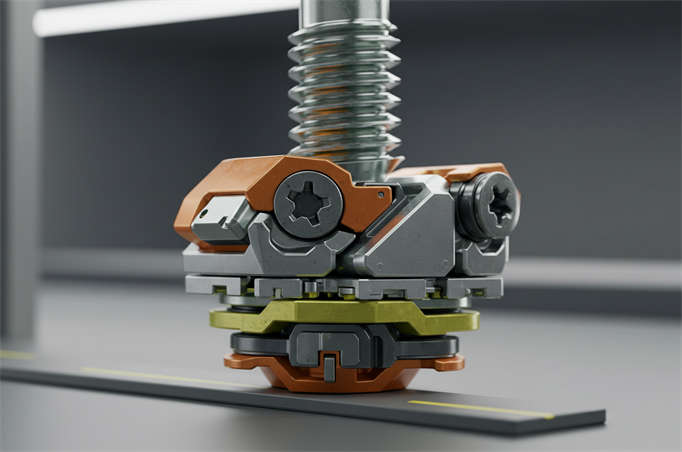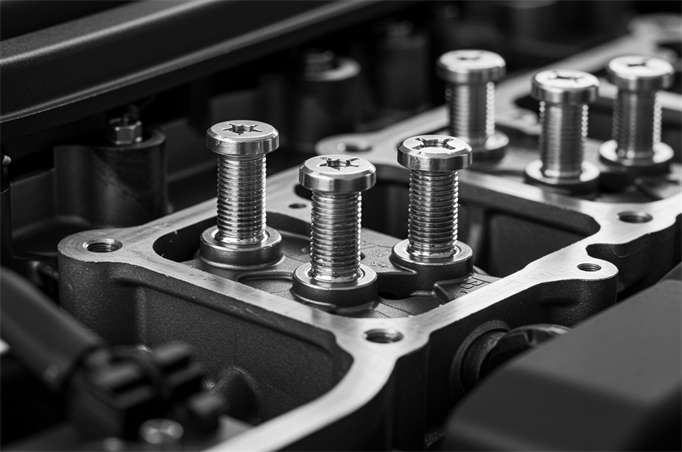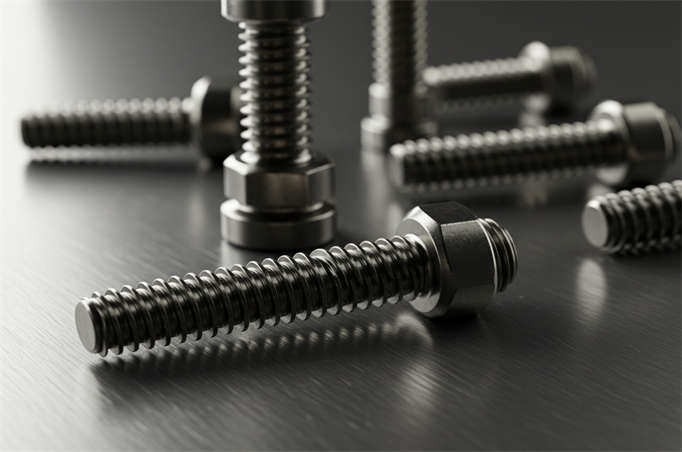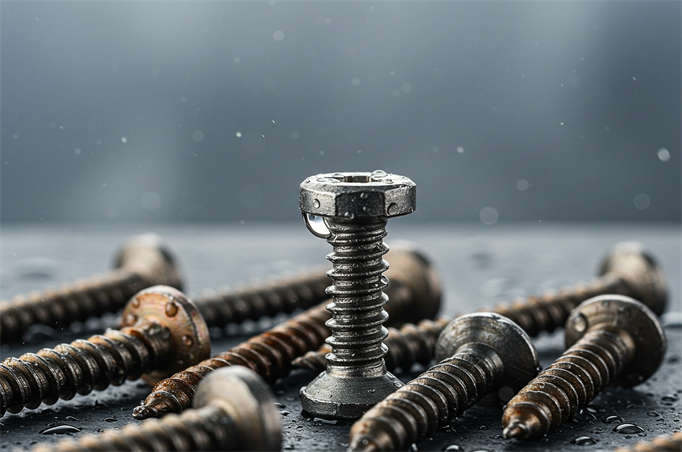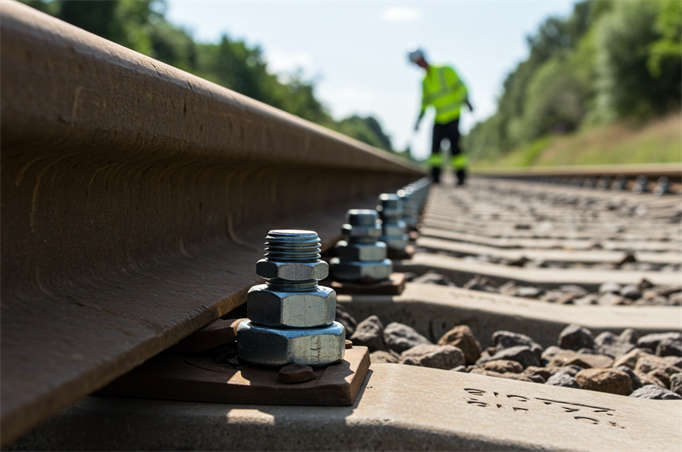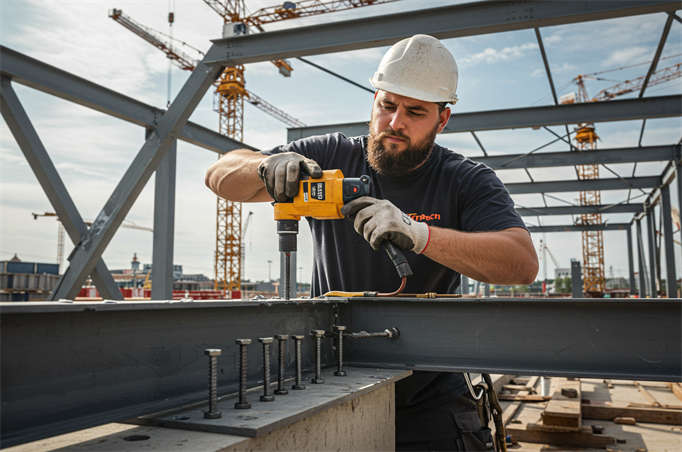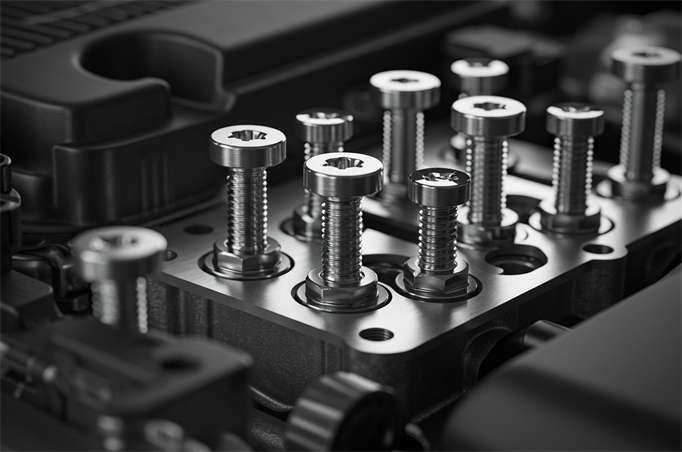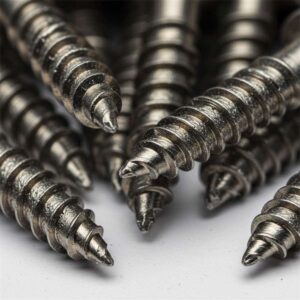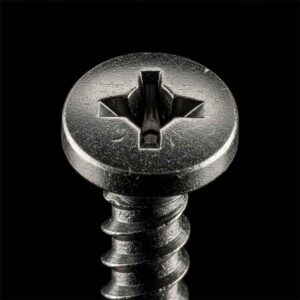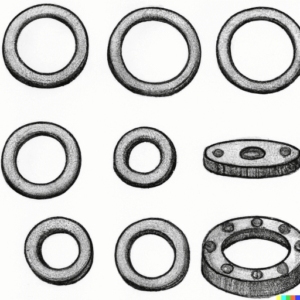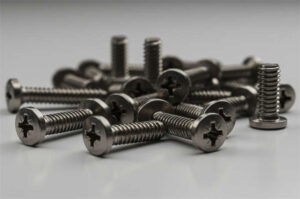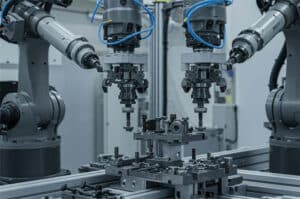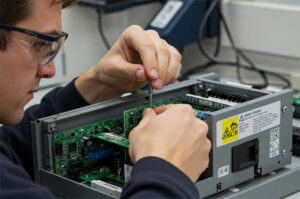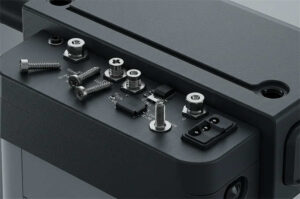The Power of Connection – Why Structural Screws Matter
At Prince Fastener, we understand that the strength of any structure lies in its ability to hold together under pressure. Whether it’s a towering skyscraper, a precision-engineered machine, or a cutting-edge aerospace component, the right fastener is the unsung hero that ensures stability, durability, and safety. Enter the structural screw – a critical component designed to meet the most demanding requirements of modern engineering.
In today’s fast-paced world, where structures must withstand extreme loads, environmental challenges, and the test of time, choosing the right fastener is not just a technical decision; it’s a strategic one. Structural screws have emerged as a versatile and reliable solution across industries, from construction and manufacturing to automotive and aerospace. But what makes them so indispensable?
In this blog, we dive deep into the world of structural screws, exploring their definition, applications, and material science. We’ll uncover why these fasteners are the backbone of modern engineering and how their design and material selection directly impact performance. Whether you’re a construction engineer, a fastener manufacturer, or simply curious about the hidden strength behind everyday structures, this guide will equip you with the knowledge to make informed decisions.
At Prince Fastener, we’re not just fastener suppliers but partners in innovation. Our commitment to quality, reliability, and cutting-edge solutions ensures that every structural screw we provide meets the highest standards of performance. Join us as we explore the science, art, and practicality of structural screws – the invisible force that holds the modern world together.
What are Structural Screws?
A structural screw is a specialized fastener designed to connect and tighten structural components. These screws are known for their high strength, durability, and ability to withstand heavy loads and stress. They are structurally essential and commonly used in fields like construction and mechanical manufacturing.
Applications of Structural Screws
Structural screws are widely used across various industries, including but not limited to:
Construction Industry
Structural screws are crucial in steel structure engineering, ensuring the stability and safety of buildings. They connect beams, columns, and secure floor panels, supporting structures against forces like wind or seismic activity.
Mechanical Manufacturing
These screws connect machine parts such as engines, chassis, and mechanical devices, ensuring system stability and reliability during operation.
Automotive Industry
Structural screws secure car body components, engine parts, and chassis, ensuring vehicle safety.
Aerospace Engineering
In extreme environments like those found in aircraft and rockets, structural screws must meet high precision and material reliability standards. They are used extensively in key connection points to ensure strength and stability.
Electronic Devices
These screws secure circuit boards, components, and casings, ensuring optimal performance of electronic products.
Materials Used for Structural Screws
The choice of material for structural screws depends on their application and technical performance. Common materials include:
- Carbon Steel: Offers high strength and excellent physical properties. It is suitable for general structural connections.
- Stainless Steel: Known for its excellent corrosion resistance, it is ideal for humid or corrosive environments.
- Carbon Alloy Steel: Has high strength and toughness, making it suitable for high-wear and high-stress connections.
- Titanium: Lightweight, highly wear-resistant, and corrosion-resistant, titanium screws are frequently used in aerospace applications.
The choice of material affects the screw’s performance and should align with the specific requirements of each use case, ensuring reliable and safe connections across various operational conditions.
Types of Structural Screws
Structural screws come in different forms, each designed to meet specific engineering needs. Here are some common types:
- Hex Head Bolts: These bolts, featuring a hexagonal head, are easy to tighten using wrenches or nuts. They are commonly used for connecting structural elements in bridges, buildings, and machinery.
- Socket Head Cap Screws: With a hexagonal socket, these screws require an Allen wrench for tightening. They are often used in precision equipment and electronics where a clean appearance is needed.
- Countersunk Screws: These screws have a flat head, allowing them to sit flush with the surface, ideal for furniture or window installations where smoothness is required.
- Self-Locking Nuts: These nuts are designed with a locking mechanism that prevents loosening without additional locking devices, ensuring safety in critical applications like aerospace and railways.
- Round Head Screws: Known for their smooth, rounded heads, these screws are used in applications that need to avoid surface scratches.
Why Use Structural Screws in Construction?
There are several reasons why structural screws are indispensable in construction projects:
Stable Connection Performance
Structural screws effectively transmit tension and shear forces. They outperform regular bolts in stress handling, maintaining the stability of buildings under various loads such as wind and earthquake forces.
Prevention of Loosening
Thanks to their robust clamping force, structural screws prevent relative motion between connected parts, avoiding safety risks caused by loosening. This reduces maintenance work and enhances operational safety.
Ease of Installation and Quality Control
Screw connections are more straightforward to inspect and control during installation compared to welding. The tightening torque of screws can be precisely monitored, ensuring high-quality connections.
Easy Maintenance and Modification
Structural screws allow for disassembly and reassembly, making maintenance, renovation, or replacement of structural components quick and easy without damaging the original structure.
Versatility
Structural screws are flexible, making them ideal for temporary buildings or spaces requiring frequent reconfiguration, such as exhibition halls or warehouses.
Improved Construction Efficiency
The installation of structural screws is faster and simpler than welding, reducing the overall construction time. Modern technologies also enable automated screw tightening, further improving construction speed and reducing labor costs.
Material Integrity Preservation
Unlike welding, which generates high heat and can alter the properties of materials, screw connections preserve the integrity of the materials. This ensures structural reliability and performance over time.
The Impact of Material Choice on Performance
The material of a structural screw plays a vital role in its performance. Here’s a breakdown of the effects of different materials:
- Carbon Steel offers good strength and rigidity but can rust in humid or corrosive environments unless treated with coatings like zinc.
- Stainless Steel’s superior corrosion resistance makes it ideal for humid and marine environments, though its strength is typically lower than that of carbon steel. It also performs well in low-temperature environments.
- Carbon Alloy Steel: Has superior wear resistance and high strength, making it ideal for high-stress applications in industries like aerospace and automotive.
- Titanium provides an excellent strength-to-weight ratio, making it suitable for aerospace and high-performance machinery. It also offers outstanding corrosion resistance, especially in high-temperature applications.
- Aluminum Alloys: Lightweight and corrosion-resistant, aluminum alloys are suitable for use in the aerospace and automotive industries, though their strength is lower than that of carbon or carbon alloy steel.
In conclusion, selecting the right material for a structural screw is crucial for achieving optimal performance in different operational conditions. It requires a balance between strength, durability, and environmental adaptability to ensure the safety and longevity of engineering structures.
Building the Future, One Structural Screw at a Time
As we’ve explored in this blog, structural screws are far more than just fasteners – they are the silent guardians of stability and safety in the structures that shape our world. From the tallest buildings to the most intricate machinery, the right structural screw ensures that every connection is secure, durable, and capable of withstanding the harshest conditions.
At Prince Fastener, we take pride in delivering structural screws that exceed expectations. Our extensive range of materials, from carbon steel and stainless steel to high-performance alloys and titanium, ensures you’ll find the perfect solution for your specific application. Whether you need screws for construction, aerospace, automotive, or industrial use, our expertise and innovation guarantee reliability and longevity.
But our commitment doesn’t stop at material science. We understand that the right design matters just as much as the right material. From hex-head bolts to self-tapping screws, every shape and specification in our portfolio is engineered to address unique challenges and deliver optimal performance.
As industries evolve and demands grow, one thing remains constant: the need for fasteners that perform under pressure. At Prince Fastener, we’re dedicated to being your trusted partner in this journey. Our structural screws aren’t just products – they’re the foundation of your success.
Ready to build stronger, smarter, and more sustainably? Contact Prince Fastener today, and discover how our structural screws can transform your projects from concept to reality. After all, the future is built one connection at a time – and we’re here to ensure every connection is perfect.
